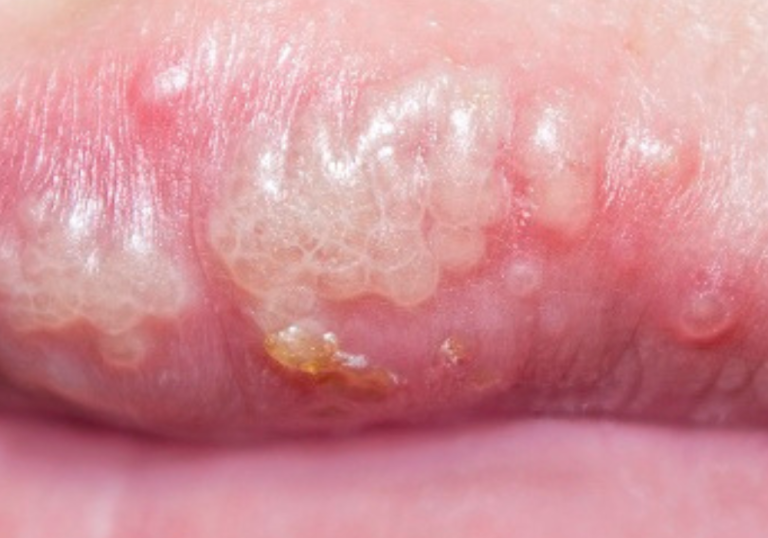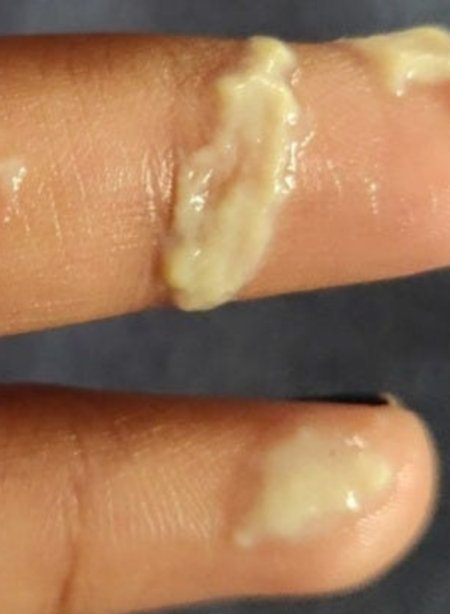What is a herpes virus?
The herpes simplex virus (HSV) is the infectious agent that causes herpes. The herpes simplex virus family consists of HSV-1 and HSV-2. HSV-1, sometimes known as oral herpes, can result in blisters and cold sores on the face and around the mouth, whereas HSV-2 can cause outbreaks of genital herpes.
Causes of Herpes
HSV is a contagious disease that can infect anyone and is transmitted by skin-to-skin contact and contact with an infected person’s saliva. This implies that a variety of direct contact situations, such as sharing cutlery or kissing, might result in the transmission of herpes.
Unprotected sexual contact is another way that genital herpes is transmitted. Women who have genital herpes during pregnancy run the danger of infecting their unborn child with the virus and any associated consequences, like meningitis, seizures, blindness, or mental impairments.
Signs and Symptoms of Herpes:
Cold sores or blisters on the lip, inside the mouth, or on the genitalia are the typical symptoms of the HSV-1 strain. The neurological system and eyes may also be impacted. Sometimes, these blisters and sores turn into excruciating ulcers. Other typical HSV-1 symptoms include:
• Inflamed, red gums
• Fever;
• Swollen neck glands;
• White coating on the tongue;
• Muscle aches
Methods for Treating Herpes
There isn’t a vaccination on the market that can stop this infectious virus from spreading. Nonetheless, there are methods to prevent herpes from spreading to both you and other people.
These consist of:
• Refusing to share food or utensils with people who have cold sores or ulcers;
• Steer clear of intimate physical contact with those who are infected.
• Keeping a strong immune system by regular exercise, a healthy diet, and rest; practicing safe sex and promptly alerting your partner if you have genital herpes.







